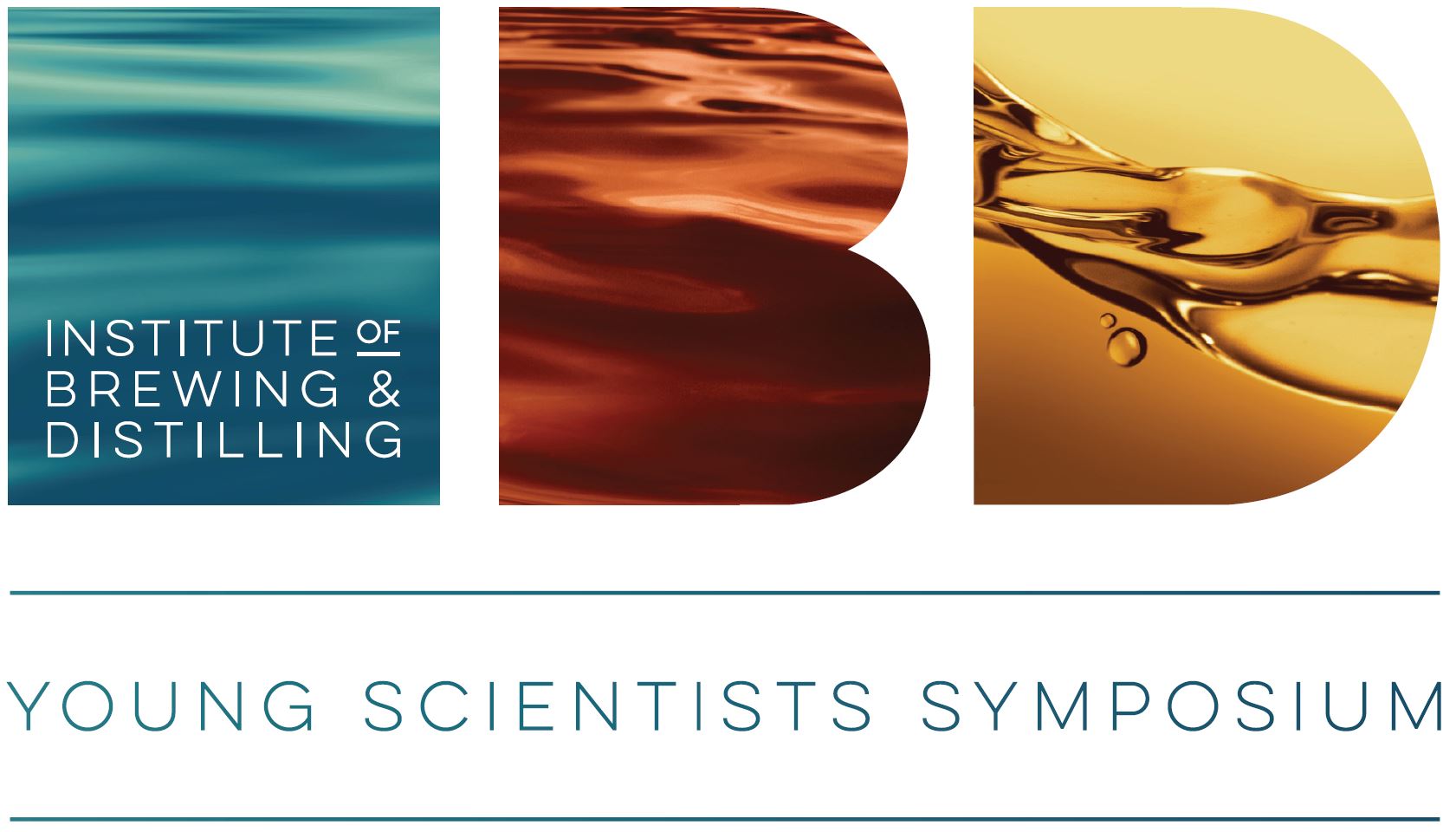Information
About the Symposium
The Young Scientists Symposium (YSS) in Malting, Brewing and Distilling targets young researchers and PhD/graduate students from around the world, but it is open to both junior and senior scientists and delegates from industry in order to encourage cooperation between experienced and young researchers, as well as between industry, universities and research institutes worldwide. This meeting has been designed to provide a comprehensive overview of the very latest research and development in biology, chemistry, sensory science, engineering and other associated areas in malting, brewing and distilling. As such, it also provides a fantastic occasion for industrial participants to identify talented individuals who represent the future of the malting, brewing and distilling industry. The program will depend on the papers submitted. The themes that evolve from the submissions will be introduced by senior scientists.
After the very successful symposia held in Cork 2008, Weihenstephan 2010, Nottingham 2012, Ghent 2014, Chico/Davis 2016 and Bitburg/Trier 2018, this event will be a meeting place for the exchange of scientific knowledge, especially for young scientists in this field. It is a platform for reflection on the current understanding of the field, and to act as a catalyst for future developments. The event is destined to inspire further progress and research in this area.
Young researchers and PhD/graduate students are invited to actively participate by sending abstracts of their presentations. The program will depend on the papers submitted. The themes that evolve from the submissions will be introduced by senior scientists.
Main Topics
All aspects relating to malting, brewing, fermented beverages and distilling will be considered within the remit of the Symposium; all aspects from raw materials, ingredients, processing, analysis as well as nutritional benefits and functional beverages will be covered. More specific themes will include:
| • | Crop sciences |
| • | Botanicals sciences |
| • | Materials bioprocessing |
| • | Brewing sciencesy |
| • | Distilling sciences |
| • | Sensors |
| • | Analytical and microbiological techniques |
| • | Low and no alcoholic beverages |
| • | Functional beverages |
| • | Engineering |
| • | Sensory and flavour sciences |
| • | Sustainability and packaging |
Organizing Committee
| • | Prof Katherine Smart, University of Cambridge (Chair) |
| • | Prof Charlie Bamforth |
| • | Prof Dr-Ing Jens Voight, Hochschule Trier, Germany |
| • | Dr Jerry Avis, The Institute of Brewing & Distilling |
| • | Jessica Parker, The Institute of Brewing & Distilling |
International Scientific Committee
| • | Dr David Cook, Nottingham University |
| • | Prof Jessika De Clippeleer |
| • | Dr Sue James |
| • | Prof Marianne Lund |
| • | Dr Dawn Maskell, Heriot Watt University |
| • | Dr Ola Oladokun |
| • | Prof Katherine Smart, University of Cambridge |
| • | Prof Kevin Verstrepen |
| • | Dr Xiang Yin |
Registration information, travel and other relevant information
Will be available on this website in due course.
Cambridge
Cambridge is a city on the River Cam in eastern England, home to the prestigious University of Cambridge, dating to 1209. The University of Cambridge has 31 colleges and Queens' is the ninth oldest and one of the largest colleges of the university with some of the most recognizable buildings in Cambridge. The older buildings date back to the 15th Century, whilst the more recent 20th Century buildings are modernistic in design. The college spans both sides of the river Cam, colloquially referred to as the "light side" and the "dark side", with the world-famous Mathematical Bridge connecting the two.

Key dates
TBC

